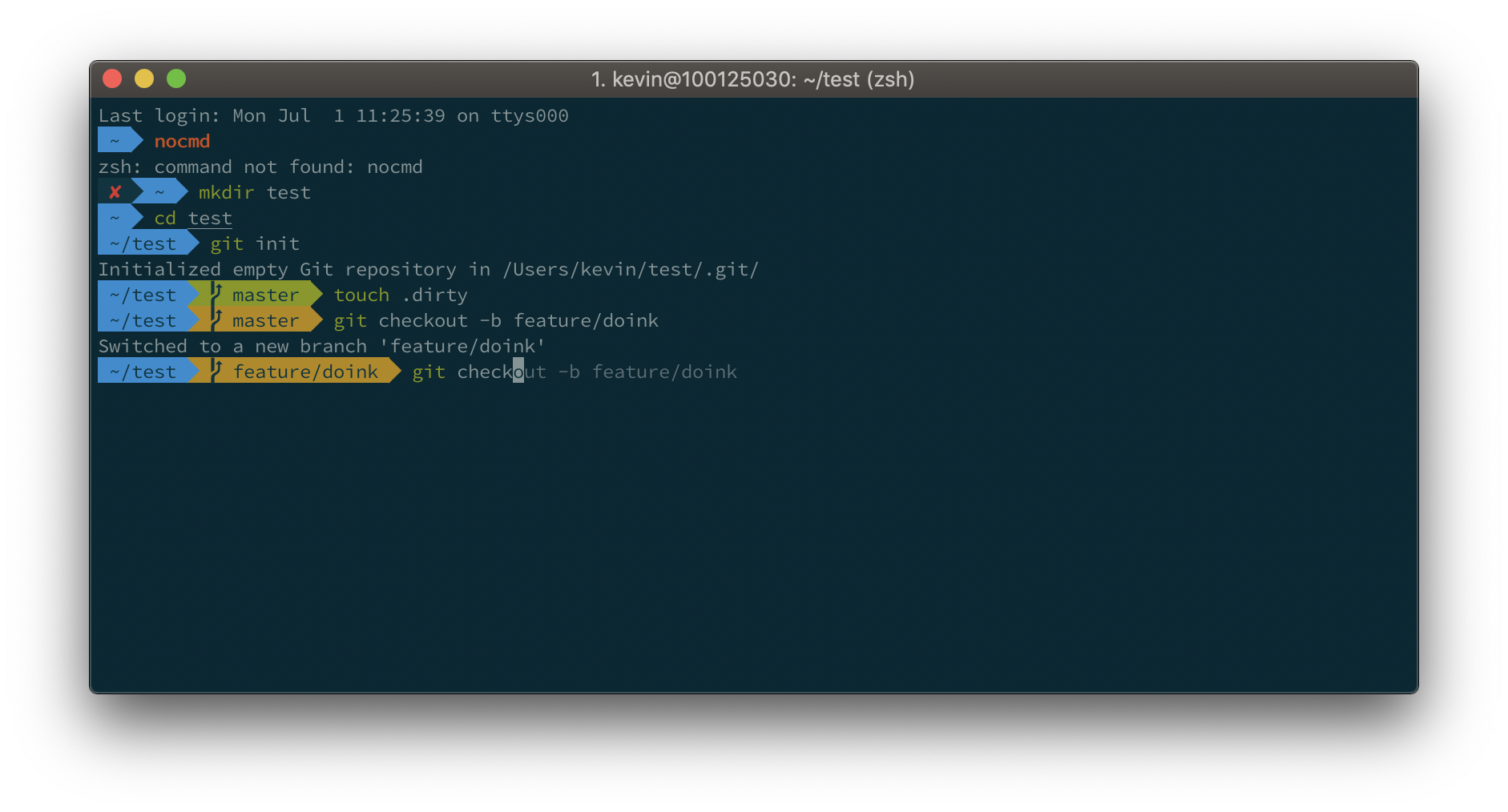In this article:
This file contains hidden or bidirectional Unicode text that may be interpreted or compiled differently than what appears below. To review, open the file in an editor that reveals hidden Unicode characters.
Learn more about bidirectional Unicode characters
| (async function generateReplies(document) { | |
| // https://conventionalcomments.org/#labels | |
| const LABEL = { | |
| praise: "praise", | |
| nitpick: "nitpick", | |
| suggestion: "suggestion", | |
| issue: "issue", | |
| question: "question", | |
| thought: "thought", | |
| chore: "chore", |
feat: new featurefix(scope): bug in scopefeat!: breaking change/feat(scope)!: rework APIchore(deps): update dependencies
build: Changes that affect the build system or external dependencies (example scopes: gulp, broccoli, npm)ci: Changes to CI configuration files and scripts (example scopes: Travis, Circle, BrowserStack, SauceLabs)chore: Changes which doesn't change source code or tests e.g. changes to the build process, auxiliary tools, libraries
Magic words:
psql -U postgresSome interesting flags (to see all, use -h or --help depending on your psql version):
-E: will describe the underlaying queries of the\commands (cool for learning!)-l: psql will list all databases and then exit (useful if the user you connect with doesn't has a default database, like at AWS RDS)
This file contains hidden or bidirectional Unicode text that may be interpreted or compiled differently than what appears below. To review, open the file in an editor that reveals hidden Unicode characters.
Learn more about bidirectional Unicode characters
| #!/bin/bash | |
| for file in $(git diff --cached --name-only | grep -E '\.(js|jsx)$') | |
| do | |
| git show ":$file" | node_modules/.bin/eslint --stdin --stdin-filename "$file" # we only want to lint the staged changes, not any un-staged changes | |
| if [ $? -ne 0 ]; then | |
| echo "ESLint failed on staged file '$file'. Please check your code and try again. You can run ESLint manually via npm run eslint." | |
| exit 1 # exit with failure status | |
| fi | |
| done |
Once in a while, you may need to cleanup resources (containers, volumes, images, networks) ...
// see: https://github.com/chadoe/docker-cleanup-volumes
$ docker volume rm $(docker volume ls -qf dangling=true)
$ docker volume ls -qf dangling=true | xargs -r docker volume rm

